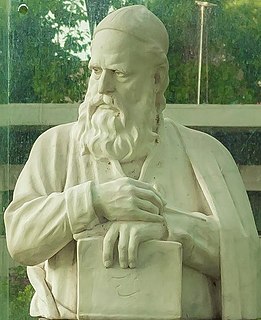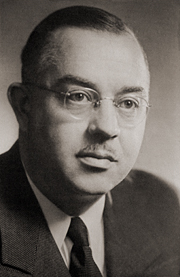A Quote by Omar Khayyam
Living Life Tomorrow's fate, though thou be wise, Thou canst not tell nor yet surmise; Pass, therefore, not today in vain, For it will never come again.
Related Quotes
Heard melodies are sweet, but those unheard Are sweeter: therefore, ye soft pipes, play on; Not to the sensual ear, but, more endear'd, Pipe to the spirit ditties of no tone. Fair youth, beneath the trees, thou canst not leave Thy song, nor ever can those trees be bare; Bold Lover, never, never canst thou kiss, Though winning near the goal yet, do not grieve; She cannot fade, though thou hast not thy bliss, For ever wilt thou love, and she be fair!
Continuously thou wilt look at human things as smoke and nothing at all; especially if thou reflectest at the same time, that what has once changed will never exist again in the infinite duration of time. But thou, in what a brief space of time is thy existence? And why art thou not content to pass through this short time in an orderly way?
I am ever Thine. If Thou cast me out, who shall take me in? If Thou disregard me, who shall look on me? More canst Thou remit, than I commit; more canst Thou spare, than I offend. Let not hurtful pleasures overcome me; at the least let not any perverse habit overwhelm me; From evil and unlawful desires; From vain, hurtful, impure imaginations; from the illusions of evil spirits; from pollutions of soul and of body; Good Lord, deliver me.
Both in thy private sessions, and the universal assizes, thou shalt be sure of the same Judge, the same jury, the same witnesses, the same verdict. How certain thou art to die, thou knowest; how soon to die, thou knowest not. Measure not thy life with the longest; that were to piece it out with flattery. Thou canst name no living man, not the sickest, which thou art sure shall die before thee.
Art thou in misery, brother? Then I pray Be comforted. Thy grief shall pass away. Art thou elated? Ah, be not too gay; Temper thy joy: this, too, shall pass away. Art thou in danger? Still let reason sway, And cling to hope: this, too, shall pass away. Tempted art thou? In all thine anguish lay One truth to heart: this, too, shall pass away. Do rays of loftier glory round thee play? Kinglike art thou? This, too, shall pass away! Whate'er thou art, wher'er thy footsteps stray, Heed these wise words: This, too, shall pass away.
It seems that wherever the Welfare State is involved, the moral precept, "Thou shalt not steal," becomes altered to say: "Thou shalt not steal, except for what thou deemest to be a worthy cause, where thou thinkest that thou canst use the loot for a better purpose than wouldst the victim of the theft."




































